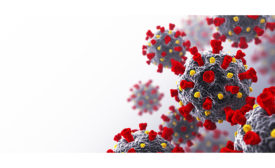Commentary | Fight for Food Safety
Fight for Food Safety
Fight for Food Safety
Are food allergen advisory statements helpful?
'May contain' may not help
Read More
Fight for Food Safety
Recall insurance: five lessons to ensure you're insured
December 3, 2019
Stay ahead of the curve. Unlock a dose of cutting-edge insights.
Receive our premium content directly to your inbox.
SIGN-UP TODAYCopyright ©2024. All Rights Reserved BNP Media.
Design, CMS, Hosting & Web Development :: ePublishing





